It took only a few days for footage of a violent brawl in downtown Cincinnati in July to catch the attention of some of the country’s most high-profile figures.
The fight, which saw a white woman punched in the face from behind by an African American man, among other incidents, took place when around 150,000 people were attending events in the city’s urban core.
Despite police responding within six minutes of being called and six alleged perpetrators in that brawl being quickly arrested, Vice-President JD Vance, who owns a home in the Ohio city, declared that those involved should be thrown in prison.
Soon, the internet was ablaze with racist tropes and commentary about the alleged carnage plaguing Cincinnati and other American cities. Rightwing media from across the country published footage of the brawl, claiming it depicted “a white man and a woman appearing to be relentlessly targeted by a group of largely black assailants.” The woman in question was invited to appear on The Ingraham Angle on Fox News.
Elon Musk took to X to post a clip of the brawl from Libs of TikTok, a far-right social media account, that was viewed 4.8m times. Former Republican party presidential candidate and a leading contender to become Ohio’s next governor, Vivek Ramaswamy, felt it necessary to hold a town hall to discuss public safety.
All the while, the national spotlight has led to Cincinnatians questioning just how safe their hometown is or isn’t – and who is responsible for sparking the debate.
Divisions are emerging between those who believe the city has become less safe and others who say Cincinnati has become a victim of national politics that also has seen it through a racial lens. That, in turn, has had a major knock-on effect on local businesses struggling for customers.
The rightwing rhetoric fits into the Trump administration’s wider and unfounded claims that American cities, many of which are run by Democrats, have become hotbeds of unbridled violence. In recent months, the Trump administration has sent the national guard into Los Angeles, Washington DC, Chicago and other major US cities, fueling anger and fear among residents, a plurality of whom typically vote for Democratic party candidates at local and national levels.
That’s despite violent crime in major cities across the US having fallen in recent years.
In Cincinnati, the first nine months of this year saw recorded violent crime fall to 253 from 283 incidents compared with the same period last year.
“We need to continue to invest in public safety, but there has been a false inflation of the perception of unsafety in Cincinnati,” said Ryan James, a newly elected member of the Cincinnati city council and resident of Over-The-Rhine.
“The impacts on our communities from negative stigmas around safety is really damaging. There’s an economic impact of families being afraid to come downtown and to our more densely populated neighborhoods.”
The national coverage of Cincinnati’s perceived crime crisis has put pressure on city leaders to solve an issue that has gained outsized attention.
This month, Cincinnati’s police chief, Teresa Theetge, was placed on paid leave pending an investigation into her leadership, which is costing taxpayers tens of thousands of dollars. Across the city, supporters are putting up yard signs backing her.
“When we have a conversation with people around the [downward] trajectory of crime, it’s always a shocker,” said James, “because people with these huge platforms, are perpetuating narratives that Cincinnati is an unsafe city. It is completely untrue.”
Crime in Cincinnati became a centerpiece of an election campaign by Vance’s half-brother, Cory Bowman, in this year’s mayoral race. Bowman, a pastor who’s only public backing from the vice-president came in the form of a post on X, failed in an attempt to unseat the incumbent mayor, Aftab Pureval, garnering just 21.8% of the vote on 4 November.
That two of the people injured in the brawl were white and seven people who were charged by police for having a role in the July fight were Black has fueled anger among the city’s Black communities.
“I think there is a lot of political motivation to disparage Democrats and the Democratic leadership in this city,” said James, who is the youngest African American man ever elected to Cincinnati’s city council.
Still, while the numbers are down, violence is something that continues to be a significant challenge for Cincinnati and hundreds of other US cities attempting to bounce back after the pandemic.
The killing of an FC Cincinnati soccer fan leaving a game in the Over-The-Rhine district in October 2023 shocked the city, while two recent shootings at Fountain Square, a popular public space that holds ice rinks and concerts, has drawn headlines from around the country.
Some business owners downtown say they believe the security situation has indeed worsened.
James, who has run a family business on Main Street for almost 40 years and asked not to be fully identified so as not to deter customers from visiting the area, says the crime situation has worsened.
“We had a customer get mugged right here on Seventh Street, I think in August. We had an employee who got hit on the back of their head. That’s never happened [in the past],” he says.
“The number of car break-ins this year has gone up. It’s three heads [who are responsible for the crime] – the city manager, the mayor and the judges. The police have their hands tied; they are doing their best.” Vehicle thefts across the US have been increasing for years.
The city’s annual Oktoberfest event, held in September, is thought to have seen a significant drop in attendance this year, something some business owners attribute to people staying away due to the perceived rising crime.
Still James, the business owner, said he has not experienced a drop in the number of customers this year compared with previous years. What’s more, Cincinnati has more police officers than similar-sized cities such as Pittsburgh and nearly twice as many as Santa Ana, California.
Ahead of city council elections held earlier this month and which officially are nonpartisan, many residents thought the perceived crime wave would see long-standing Democrats on the council voted out. Instead, all nine seats up for election this month were won by Democrat-leaning candidates.
For Mak Alemaye, who has run a convenience store a short walk from Fountain Square on Main Street for the past 15 years, context is important.
“You see these windows – until about three years ago, I’d get a call from the police every two or three weeks, telling me they had been kicked in. I had to get them replaced six times,” he says.
“But for the last three years, it’s been good; the last time was almost three years ago.”
He believes Cincinnati is no better or worse than any other big city when it comes to crime.
“When the economy is bad, there’s always break-ins, like any other city. Things happen anywhere – why is Cincinnati special?”

 German (DE)
German (DE)  English (US)
English (US)  Spanish (ES)
Spanish (ES)  French (FR)
French (FR)  Hindi (IN)
Hindi (IN)  Italian (IT)
Italian (IT)  Russian (RU)
Russian (RU)  3 weeks ago
3 weeks ago


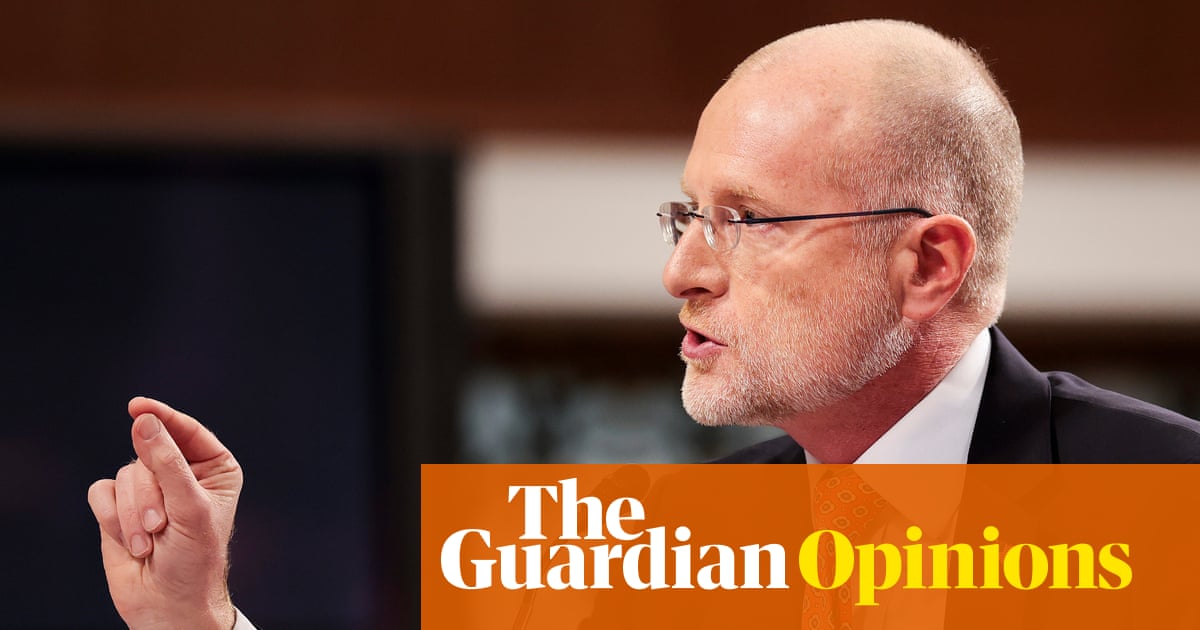


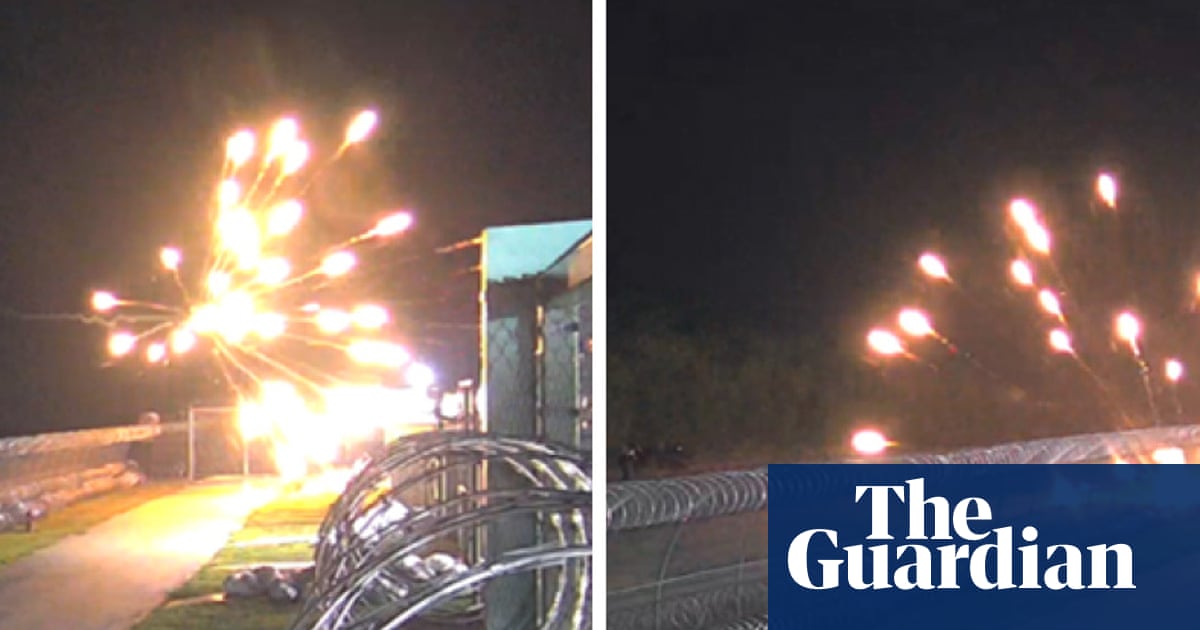
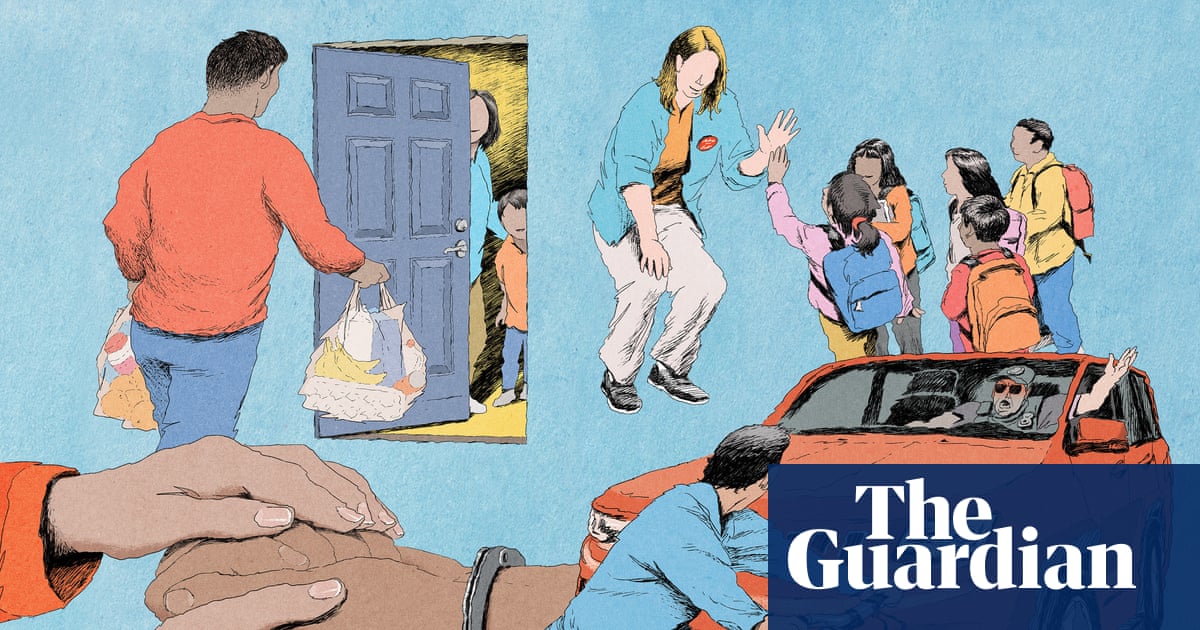





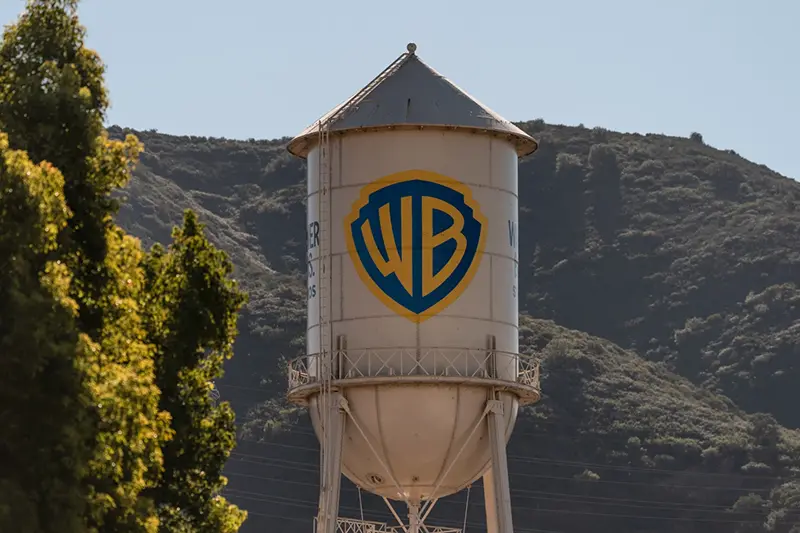






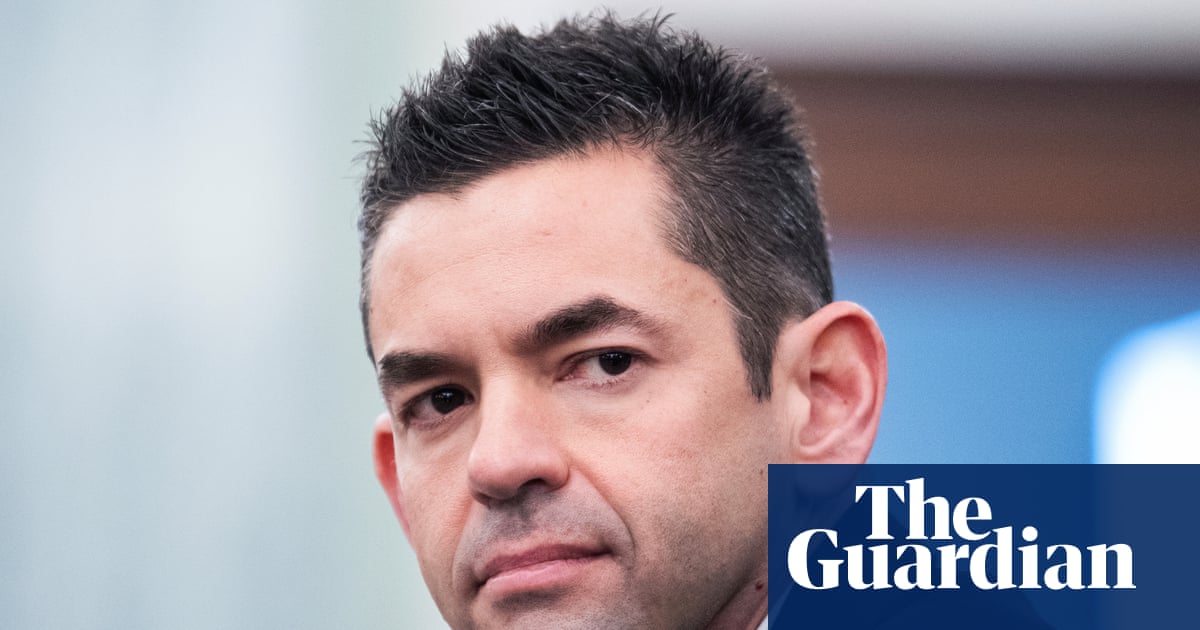




Comments